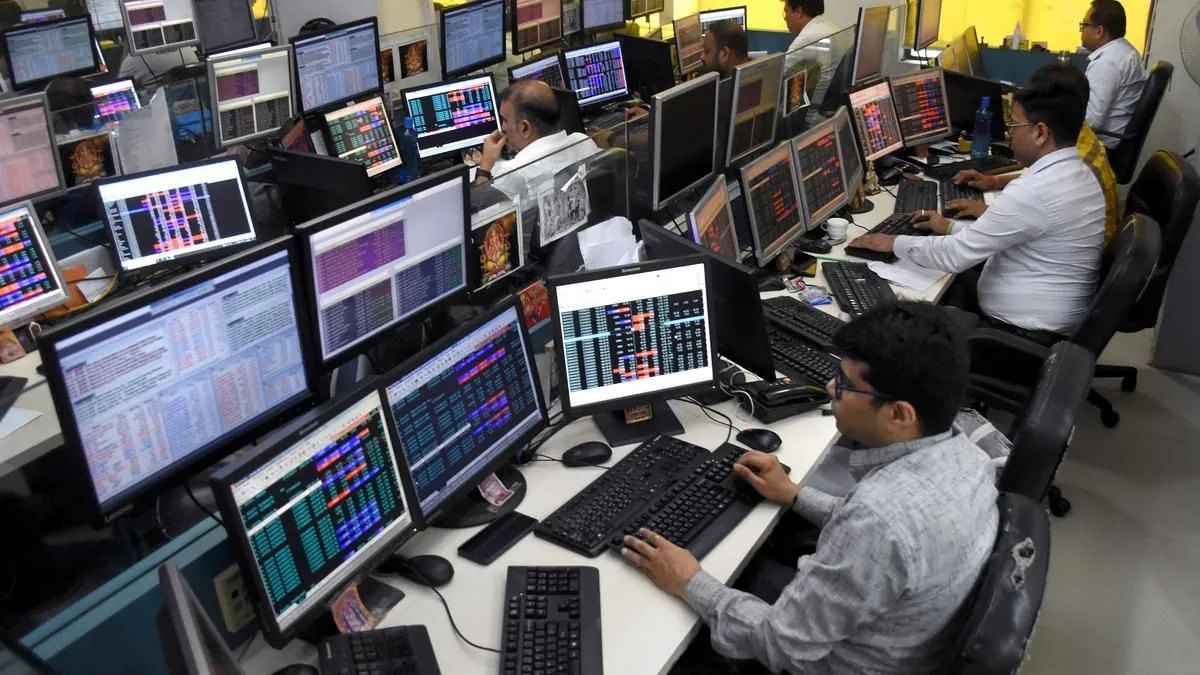Indian Markets Soar to New Heights Amid U.S. Rate Cut Expectations
Indian stock indices hit record highs, driven by metal and energy sectors. Bajaj Housing Finance's stellar debut and anticipated U.S. Fed rate cuts boost market sentiment, while consumer stocks face pressure.

On September 16, 2024, Indian stock markets achieved unprecedented heights, propelled by favorable conditions in various sectors. The NSE Nifty 50 and S&P BSE Sensex, India's primary stock indices, both reached all-time highs during the trading session.
The surge was primarily driven by the metal sector, which gained 0.61%. This uptick was attributed to expectations of a potential 50 basis point interest rate cut by the U.S. Federal Reserve later in the week. Such a move could weaken the U.S. dollar, making metals more affordable for holders of other currencies and potentially boosting physical demand.

Swapnil Aggarwal, director at VSRK Capital, offered insight into the potential market reactions:
"If the rate cut is in response to concerns about a slowing economy, the positive market effect could be muted. Conversely, if the Fed is cutting rates due to low inflation and a stable growth outlook, markets may rally further."
The energy sector also demonstrated robust performance, with a 0.8% increase. Adani Green Energy led the charge with an 8% jump, following the announcement of a significant 25-year power supply contract to Maharashtra state, in collaboration with Adani Power. This development underscores India's growing commitment to renewable energy projects.
In a remarkable debut, shares of Bajaj Housing Finance opened at more than double their initial public offering (IPO) price of 70 rupees, settling 136% higher by the end of trading. This IPO has been hailed as the most sought-after in 2024 thus far, with investors bidding for 64 times the available shares. However, this success appeared to impact rival housing finance companies, with LIC Housing Finance and PNB Housing Finance experiencing declines of approximately 6% each.
The broader market showed positive trends, with small-cap and mid-cap indices rising 0.2% and 0.4% respectively. These indices often represent smaller, more domestically focused companies, reflecting confidence in India's internal economic dynamics.
It's worth noting that consumer stocks faced some pressure, declining for the second consecutive session after reaching record highs the previous week. This sector, which includes fast-moving consumer goods (FMCG) companies, plays a crucial role in India's economy and its performance is closely watched by investors.
As India's stock market continues to evolve, it remains influenced by both domestic factors and global economic trends. The anticipated U.S. Federal Reserve decision serves as a reminder of the interconnectedness of global financial markets and the impact of international monetary policies on emerging economies like India.


































